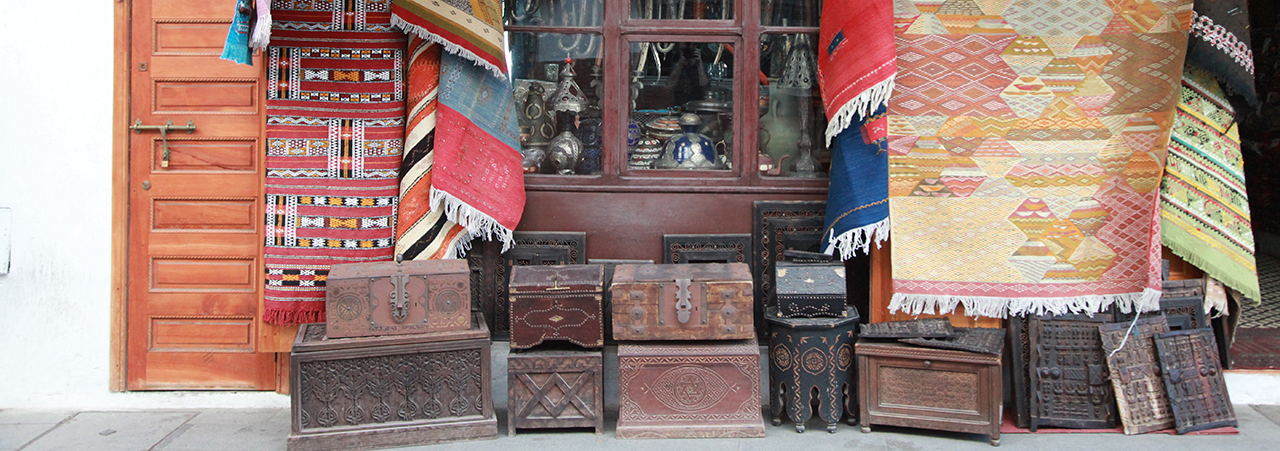The SIA helped to validate and confirm the findings of the EIA, as well as the desktop social baseline study. The assessment did not reveal any significant adverse impacts from the drilling project. However, the process did draw our attention to several important local concerns that we immediately worked to address. This feedback also highlighted the key local issues that will require ongoing commitment and attention, even as the broader sociopolitical issues regarding the discovery are addressed.
Environment
The primary concern expressed during consultation was related to environmental protection. Participants emphasized the critical role that fisheries play in the local economy and were particularly concerned about how an oil spill could impact the fishing sector. Participants felt as though they did not have sufficient understanding of Kosmos’ approach to environmental management, and there was also criticism that the EIA process was opaque. As a result of this feedback, Kosmos organized follow-up workshops in Dakhla with senior executives and the environmental consultant who led our EIA to allow for continued discussion on Kosmos’ approach to environmental management.
Access to Benefits
During consultations, participants expressed disappointment about the lack of jobs that would be created by an offshore drilling project. While participants appreciated the discussion about the high-tech nature of offshore drilling, they also emphasized their expectation that any future hiring or sourcing give preference to local people and companies. Following these discussions, we reevaluated our operational needs, and were able to identify and create several additional jobs in Dakhla. We have also invested in future-looking studies on local workforce and supply chain opportunities.
The social baseline study and field mission also drew attention to the fair distribution of benefits. There were many questions about who would receive jobs created by the project, revenues from a development, and access to social investment projects. As we move forward, we will be working with international experts and local communities to ensure that our local hiring and social investment decisions take a conflict-sensitive approach and avoid deepening ethnic, political and economic divisions.
Transparency
Transparency was a common theme that emerged from the SIA consultations. Some participants expressed frustration that business conducted in Western Sahara often proceeds without sufficient local engagement, and ultimately with few local benefits. Participants welcomed Kosmos’ transparent approach thus far, but stressed the importance of transparency in a discovery case, particularly related to the potential benefits. To support improved communications and our commitment to transparency, Kosmos hired a Community Relations Coordinator based in Dakhla to ensure communities have real-time access to information on the project and a local contact to express any feedback or grievances.


